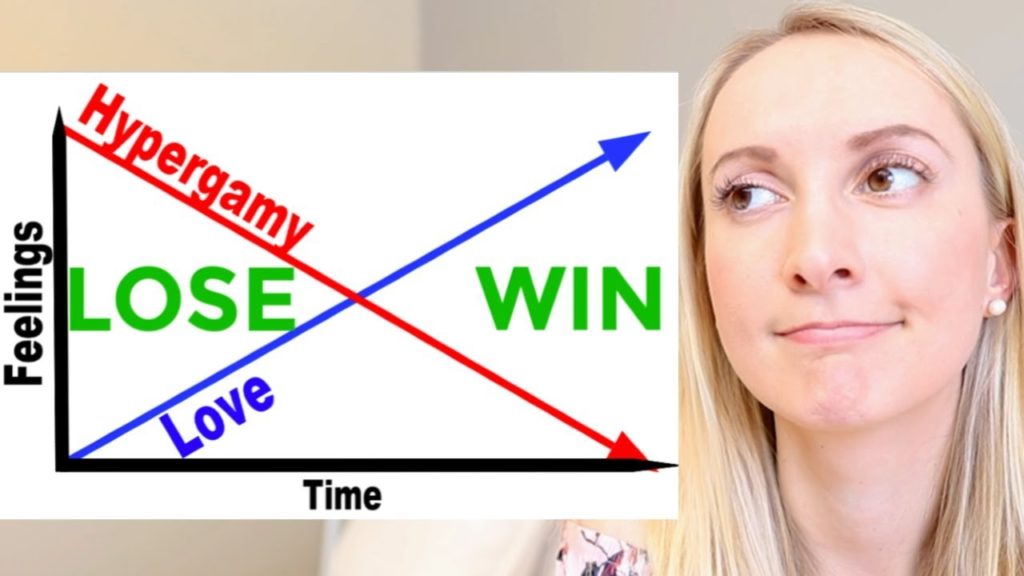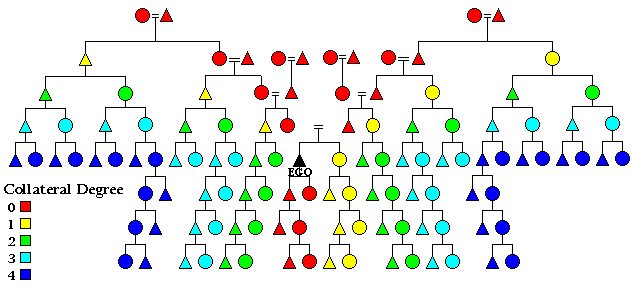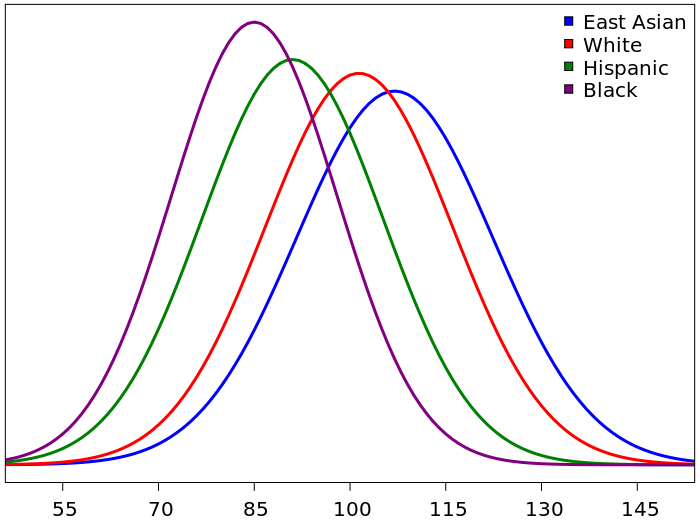
An enormous amount of effort is being made right now to “fight hate”. The logic is that a great deal of suffering in the world is caused by hate, and so there is no place for it. Although this might be a lovely sentiment, it’s a futile one, because hate is a natural and inescapable part of life. This essay explains.
All human emotions, without exception, evolved for a particular reason.
Love evolved to create pair bonds. If a man and a woman genuinely love each other, their mutual care will create a much better family environment than if they did not. A better family environment means that the offspring are much more likely to survive to adulthood in a state where they’re fit to reproduce. So over time, the offspring of those who were capable of love outcompeted the offspring of those who were not.
Fear evolved to keep us safe from danger. A person who feels an instinct to retreat at the sight of a dangerous animal will have a much better chance of surviving than one who does not. As such, the offspring of those who felt fear at the sight of danger outcompeted the offspring of those who did not.
Hate evolved for the same reasons as love and fear. Although the reasons for hate are not as obvious, the same general rule applies. Like all other emotions, hate evolved because it either helped people reproduce or it helped them survive. The role of hate in helping people reproduce is minimal, but its role in helping people survive is great.
Simply put, if someone wants to kill you or enslave you, then hating them will greatly increase your chances of survival. People who were able to hate those who wished them harm were more often able to destroy those enemies, instead of being destroyed by them. As such, they survived to reproductive age more often, and their offspring outcompeted those who were incapable of hate.
More specifically, hate motivates people to protect that which is valuable to them. If an intruder breaks into your house to rape your family and steal your possessions, it is hate that keeps you safe by providing the motivation to destroy that intruder. So hate, despite its bad rap, is simply an adaptation that keeps people safe in the face of danger. The main difference between hate and fear is that hate moves towards threats to neutralise them, whereas fear moves away from them.
It’s necessary here to distinguish between justified hate and unjustified hate.
Justified hate occurs when another person’s actions cause suffering to you or to someone you care about. If a person hates you, or if they have such contempt for you that they exclude you from due consideration, or if their indifference to you is such that their actions cause you harm, then hating them might be justified.
If someone is actively trying to harm you, then hate will motivate you to stop them. If you express hate at the person harming you, they might stop on account of that they didn’t realise their actions were harmful. If they knew but didn’t care, then hate might motivate them to stop on account of that they fear retaliation. And if they don’t stop harming you, hate might help you destroy them.
Unjustified hate is the kind of hate that is not beneficial. The classic example is disrespecting someone of a different group merely because you hate that group as a whole, or because you had a bad experience with one member of that group and generalised it, or because you were conditioned to hate that group from childhood.
If the group as a whole is truly odious (such as an ideology of hate like Communism, Nazism or Abrahamism), then hating them might be justified. But if they are a national or racial group – and therefore contain good as well as bad – then hate has to take a back seat. Otherwise, hating them is liable to get you involved in a blood feud of some kind, which will not benefit you.
Another example of unjustified hate is when an individual does something bad or harmful and regrets it, but is not duly forgiven. Many people cause harm not from deliberate malice but from making an honest mistake. On such occasions it’s common for them to regret it, and to feel sorry. A person who has caused harm, and is genuinely sorry, should be forgiven and not hated.
This logic sounds simple, but the problem with it is politics. Those who would rule over other human beings don’t want their subjects making free decisions, because that makes them harder to control. As such, they try to take authority away from those people. A common authoritarian tactic is to assume the authority to decide when hate is appropriate, through such means as “hate speech” laws, or through religious admonitions to love everyone until a priest tells you otherwise.
Ultimately, no-one can have the right to decide whether another person’s hate is justified, any more than they can have the right to decide whether another person’s love is justified. Every adult has the right to decide for themselves if their own actions are justified, and that includes deciding who their enemies are.
Therefore, “fighting hate” is as futile and authoritarian as trying to decide which consenting adults are allowed to sleep together. It’s impossible to decide on behalf of other people who their enemies are. Hate is a good thing when it keeps people safe, and only the individual can decide when this is the case.
*
If you enjoyed reading this essay, you can get a compilation of the Best VJMP Essays and Articles of 2019 from Amazon for Kindle or Amazon for CreateSpace (for international readers), or TradeMe (for Kiwis). A compilation of the Best VJMP Essays and Articles of 2018 and the Best VJMP Essays and Articles of 2017 are also available.
*
If you would like to support our work in other ways, please consider subscribing to our SubscribeStar fund. Even better, buy any one of our books!



